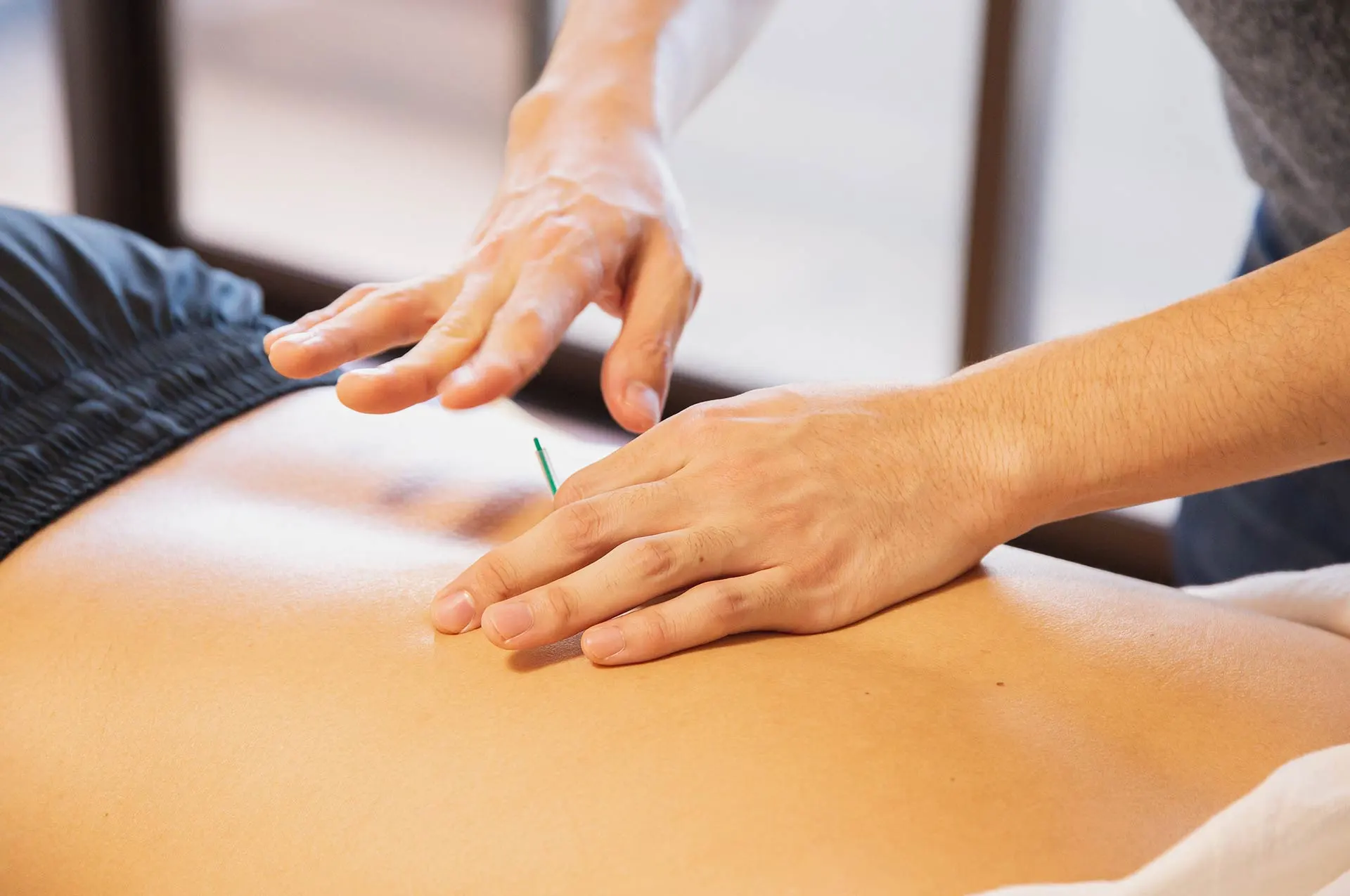What is Pilates?
Pilates is a total body exercise, developed by Joseph Pilates in the 1920s initially to rehabilitate injured WW1 soldiers and later, for strength and conditioning of dancers. It became a favourite exercise option of the elite in New York in the 1960s, but is now widely available in many different forms.
Traditional Pilates is low-impact, focusing on flexibility, muscular strength and endurance. The exercises are performed with an emphasis on technique, posture, core strength, controlled movements and the use of breath to assist with movement. Pilates sessions can be mat based or incorporate equipment such as a reformer.
What is Reformer Pilates?
A Reformer is a bed-like machine using adjustable springs for multiple levels of resistance, with a sliding carriage and ropes and pulleys, allowing for a wide variety of exercises. Reformer Pilates is generally more intense and more dynamic than mat based Pilates and the repertoire of exercises available is far greater. Reformer Pilates typically works more areas of the body than matwork, as matwork is mostly focused on the core. A reformer often allows pregnant women to continue their Pilates practice further into their second and third trimesters.
How will I benefit from Physiotherapy Exercise Sessions?
- CORE STRENGTH
Our Physiotherapy Exercise Sessions will focus on isolating and targeting the deep core muscles which will help to strengthen the abdominal muscles in addition to the stabilising muscles of the back, gluteals and chest. A strong core is the ‘powerhouse’ of your body, helping to improve posture and alignment, decrease pain, and help to power your daily activities. - IMPROVED POSTURE
In each Physiotherapy Exercise Session, we require your body to be in the correct alignment for every exercise. By targeting these postural muscles, you should see a crossover and hopefully in your daily activities. - FLEXIBILITY/MOBILITY
Emphasising a full range of motion helps maintain, and in a lot of cases increases mobility within joints in the body. - BALANCE
Correct postural alignment and muscle balance increases your awareness of body position, improves symmetry and balance and assists in creating a functional posture. This will aim to assist you in avoiding injury. - SPORTING PERFORMANCE
Reformer based Physiotherapy Exercise Sessions can be used as a sport specific training tool, to improve strength, endurance and assist in recovery by promoting proper body mechanics, postural alignment and breath control for better distribution of force and stability. - WELLBEING
We hope you leave every Physiotherapy Exercise Session/ Class feeling strong and empowered.
- CORE STRENGTH
Are Pilates and Physiotherapy Exercise Sessions the same thing?
Private Health and Pilates – Changes
The short answer is, YES, they are!
Due to the changes made during the Private Health Insurance reforms earlier in the year (effective as at April 1st 2019), private health insurance will no longer cover a number of natural therapies, including Pilates, Clinical Pilates and Reformer Pilates will now be referred to as Physiotherapy Exercise Sessions. The Australian Physiotherapy Association has won a hard fought battle ensuring Pilates prescribed by physiotherapists will continue to receive rebates in one-on-one, group and class settings. This will allow members to still claim private health for a Pilates session/class when the class/session is run by a physiotherapist.
The changes also state that; advertising and promotion of sessions must reflect the fact that they are physiotherapy exercise sessions, not Pilates. Scheduled physiotherapy exercise classes advertised or promoted as Pilates—in material such as timetables, pamphlets and online—cannot lawfully receive rebates.
To ensure we comply with the PHI changes; a physiotherapist must complete an individualised assessment of patients, design a program specific to the patient, adjust the program as required in a group setting and make notes that reflect our physiotherapy practice. These are all things we do here at Quay Street Physiotherapy daily.
We hope this clarifies the reasoning behind the name change in the promotion and advertising of our Physiotherapy Exercise Sessions, previously known as Pilates Classes.
What to Expect in a Physiotherapy Exercise Session (incorporating the reformer):
- Individual initial assessment to get an understanding of your goals, current health status / injuries and muscle function
- Teaching of the Pilates Basics (breathing, postural alignment, core muscle activation)
- A targeted exercise session on the reformer
- A matwork home exercise program– targeted to your goals to assist in maintaining muscle memory between sessions
Physiotherapy Exercise Sessions (Reformer) will be offered as an hour session at any time that suits you during the week. This session will be a one-on-one session with a physiotherapist. We are also currently gauging interest regarding the running of small (5-6 participants) physiotherapist led matwork classes.
Please call us on 4153 1920 if you would like to book a Physiotherapy Exercise Session (Reformer) or register your interest in a matwork class. Once the timetable has been arranged for our pilates classes it will be available here and in the clinic reception.




